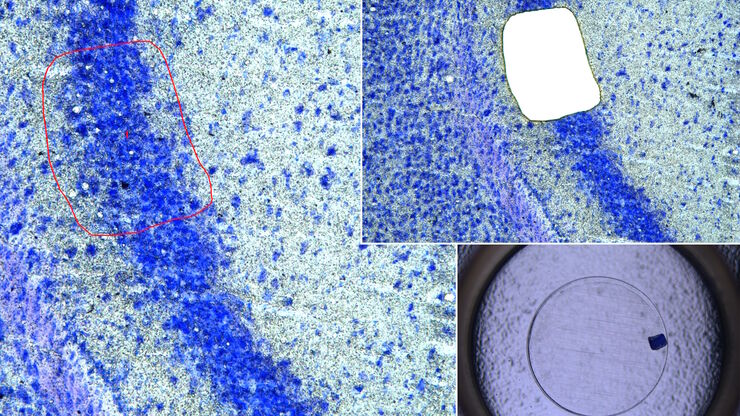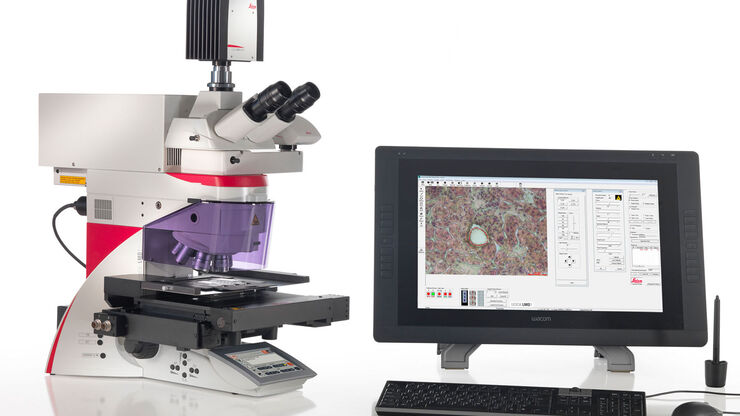Cornelia Gilbrich-Wille , M.Sc.,

Cornelia Gilbrich-Wille hat Biologie mit den Schwerpunkten Biochemie und Zoologie an der Justus-Liebig-Universität Gießen studiert und mit dem Master of Science abgeschlossen. In ihrer Masterarbeit befasste sie sich mit "Qualitativen Studien am Beispiel der Beobachtung von Seevögeln im Nationalpark Wattenmeer".
Außerdem absolvierte sie einen Bachelor in Ernährungswissenschaften und schrieb ihre experimentelle Arbeit zum Thema "Qualitative und quantitative Bestimmung von D-Amino-Säuren in Grillsaucen mittels Gaschromatographie/Massenspektrometrie (GC/MS)".
Cornelia hat als freie Mitarbeiterin mehrere Artikel speziell für LMD/Lasermikrodissektion für Leica Science Lab geschrieben.




